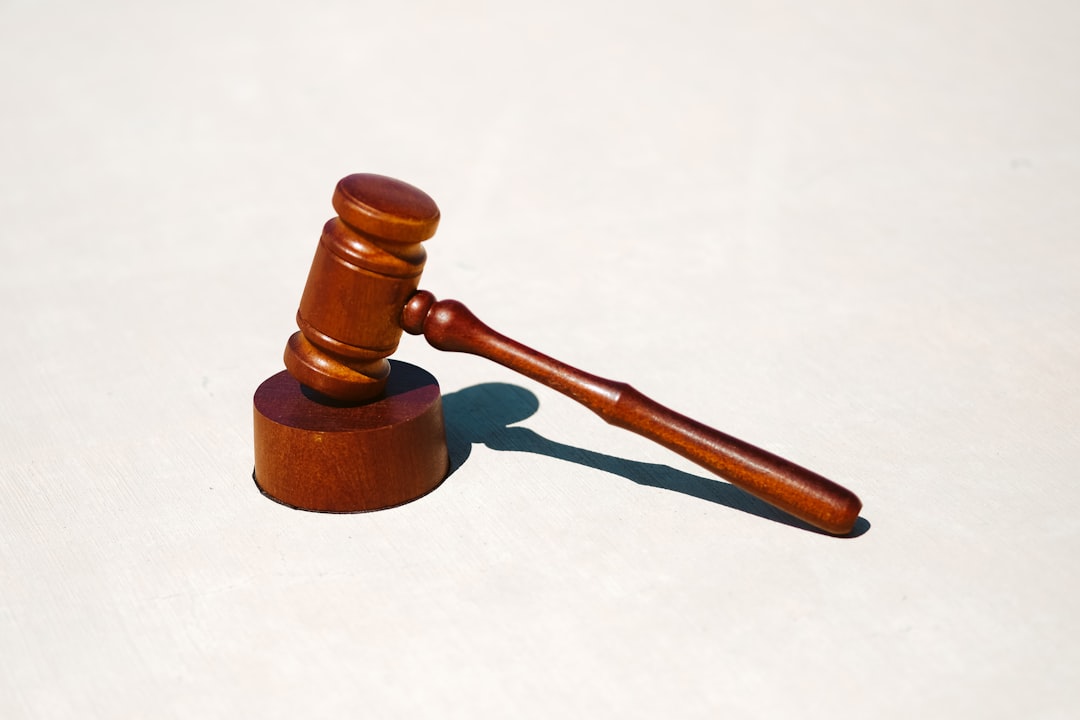Robocalls are a widespread irritant in Massachusetts, with automated messages flooding phones daily. The state's strict telemarketing regulations offer potential legal recourse for residents overwhelmed by unwanted calls, including those from clean energy companies. Understanding one's rights regarding robocalls is crucial, as individuals may have grounds to sue for robocalls in Massachusetts under consumer protection measures, such as the Telephone Consumer Protection Act (TCPA). To combat this issue, businesses can implement call screening systems, educate employees, and understand state laws to protect against intrusive calls.
In the digital age, robocalls have become a pervasive nuisance, particularly within Massachusetts’ thriving clean energy sector. This article delves into the impact of automated phone calls on businesses dedicated to promoting renewable energy. We explore the rising trend of robocalls in MA and their potential disruption to this vital industry. Understanding the legal protections available and the option to sue for robocalls in Massachusetts is essential, especially with strategies to mitigate these unwanted intrusions.
Understanding Robocalls and Their Prevalence in Massachusetts

Robocalls, an increasingly common annoyance for many Massachusetts residents, are automated phone calls that use advanced technology to make and deliver messages en masse. They can be marketing, political, or even fraudulent in nature, but their prevalence has raised significant concerns across the state. In today’s digital era, these automated calls have become a pervasive issue, especially with advancements in artificial intelligence allowing for more sophisticated and personalized messaging.
Massachusetts residents often find themselves on the receiving end of numerous robocalls daily, making it a pressing matter to understand one’s rights and options. The question of “can I sue for robocalls in Massachusetts?” is not uncommon, as these automated calls can be intrusive and disruptive. With strict regulations surrounding telemarketing practices, those who experience frequent or unwanted robocalls may have legal recourse.
The Clean Energy Sector's Vulnerability to Robocalls

The Clean Energy Sector in Massachusetts, known for its innovative approach to sustainable energy solutions, faces an unexpected challenge—robocalls. With the rise of automated phone systems, this industry is particularly vulnerable. While many businesses are targeted by unwanted calls, the nature of clean energy companies’ operations makes them more susceptible to these interruptions. From marketing efforts to customer support, robocalls can disrupt critical processes, leading to potential legal consequences for both consumers and businesses under certain circumstances.
In the context of Massachusetts, understanding one’s rights regarding robocalls is essential. The state has laws in place to protect residents from excessive or deceptive calls, including those from automated systems. If a clean energy company uses robocalls for marketing purposes without proper consent or violates do-not-call lists, individuals may have grounds to take legal action. Exploring options like suing for robocalls in Massachusetts is a step towards ensuring compliance and holding accountable those who misuse automated calling technologies within the state’s vibrant clean energy sector.
Legal Protections Against Unwanted Robocalls in MA

In Massachusetts, there are stringent laws in place to protect residents from unwanted robocalls. The state’s regulations mirror federal guidelines, offering legal protections for individuals who have experienced or continue to face automated telemarketing calls. These laws allow residents to take action if they feel their privacy has been invaded.
If you’ve received a robocall and believe it’s caused you distress or financial loss, you may have grounds to sue. Massachusetts law empowers consumers to file complaints with the Attorney General’s office, which can lead to legal action against the perpetrators. The state’s robust consumer protection measures include provisions specifically targeting robocalls, ensuring that residents can enjoy their clean energy initiatives without being bombarded by unsolicited calls.
Exploring the Option to Sue for Robocalls in Massachusetts

In Massachusetts, as across the nation, robocalls have become a ubiquitous and often unwanted part of daily life. While many robocalls are for legitimate purposes, such as political campaigns or marketing, others can be misleading or even fraudulent. For businesses and individuals in the state’s clean energy sector, this constant barrage of automated calls can be particularly problematic, disrupting operations and causing frustration. If a company or individual believes they have been targeted by illegal or deceptive robocalls, exploring legal options is a viable course of action.
In Massachusetts, suing for robocalls is technically feasible under state laws that regulate telemarketing practices. The Telephone Consumer Protection Act (TCPA) prohibits automated calls without prior consent and provides a pathway for affected parties to seek damages. However, navigating this process requires careful consideration and legal expertise. Those contemplating legal action should gather evidence of the calls, document interactions with the caller, and consult with an attorney specializing in consumer protection or telemarketing law to understand their rights and potential remedies, including monetary compensation for each unauthorized call received.
Strategies to Mitigate and Prevent Robocalls Targeting Clean Energy Businesses

Robocalls have become a significant nuisance, particularly for businesses in the clean energy sector in Massachusetts. These automated calls often aim to promote products or services, disrupt operations, and waste valuable time. To combat this issue, several strategies can be employed to mitigate and prevent robocalls targeting clean energy companies.
One effective approach is to implement robust call screening and blocking systems. Businesses can use advanced telephone technology to filter out unwanted calls, including those from known robocall sources. Additionally, educating employees about recognizing suspicious calls and reporting them to the appropriate authorities can be a powerful deterrent. Many states, including Massachusetts, have enacted laws that provide legal recourse for individuals and businesses suffering from excessive robocalls; understanding these laws, such as the ability to sue for robocalls in Massachusetts, empowers clean energy companies to take proactive measures against unwanted callers.






